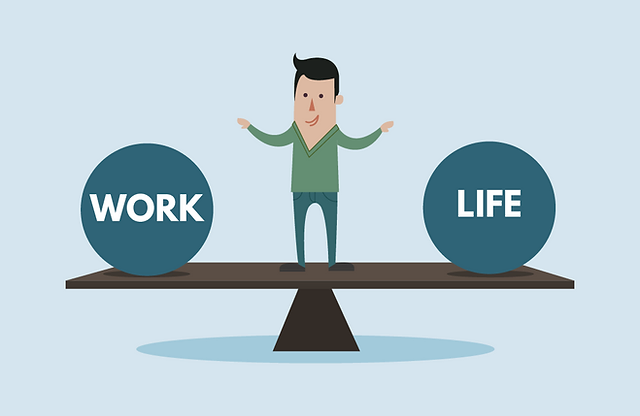Work-life balance is a concept that has gained a lot of attention in recent years. It refers to the ability to balance one’s professional and personal life without either one interfering with the other. The goal is to maintain a healthy balance between work and personal life so that you can enjoy both without sacrificing either one.
In today’s fast-paced and demanding world, work-life balance is more important than ever. With the rise of technology, the boundary between work and personal life has become increasingly blurred. Many people find themselves working longer hours, answering emails after hours, and feeling overwhelmed by their workload. This can lead to increased stress and burnout, which can have serious consequences for both personal and professional life.
There are many benefits to achieving work-life balance. Some of the most notable include:
- Improved mental health: When you have a balanced work and personal life, you are less likely to feel stressed and burned out. This can lead to better mental health, increased happiness, and a more positive outlook on life.
- Better physical health: Studies have shown that those who have a balanced work and personal life are less likely to suffer from physical health problems, such as heart disease and high blood pressure.
- Increased productivity: When you are less stressed and less burned out, you are able to focus better and be more productive. This can lead to greater success both in your personal and professional life.
- Stronger relationships: When you are not consumed by work, you have more time and energy to devote to your personal relationships. This can lead to stronger and more fulfilling relationships with family and friends.
So, how can you achieve work-life balance? Here are a few tips:
- Set clear boundaries: Define when your workday begins and ends, and stick to those hours as much as possible. Turn off work-related technology during your personal time to avoid the temptation to check emails or take calls.
- Prioritize self-care: Make time for activities that recharge your batteries, such as exercise, meditation, or simply relaxing with a book. Taking care of yourself can help you feel more energized and ready to tackle work tasks.
- Create a support system: Surround yourself with positive, supportive people who understand the importance of work-life balance and can help you stay on track. This could include friends, family, or a mentor.
- Learn to say no: It’s essential to know your limits and not take on more than you can handle. Saying no to additional responsibilities can help reduce stress and prevent burnout.
- Make time for the things you love: Whether it’s spending time with loved ones, pursuing a hobby, or traveling, make sure to schedule time for activities that bring joy to your life.
- Be flexible: Life is unpredictable, and sometimes work demands can overwhelm us. Try to be flexible and adjust your schedule as needed to accommodate changes in your personal life.
- Communicate with your employer: Talk to your boss about your need for a better work-life balance. Many companies are now offering flexible work arrangements and other benefits to help employees achieve a healthy balance.
In conclusion, finding a healthy work-life balance is crucial for our well-being and overall happiness. By setting clear boundaries, prioritizing self-care, creating a support system, learning to say no, making time for the things you love, being flexible, and communicating with your employer, you can achieve a better balance and enjoy a more fulfilling life.
